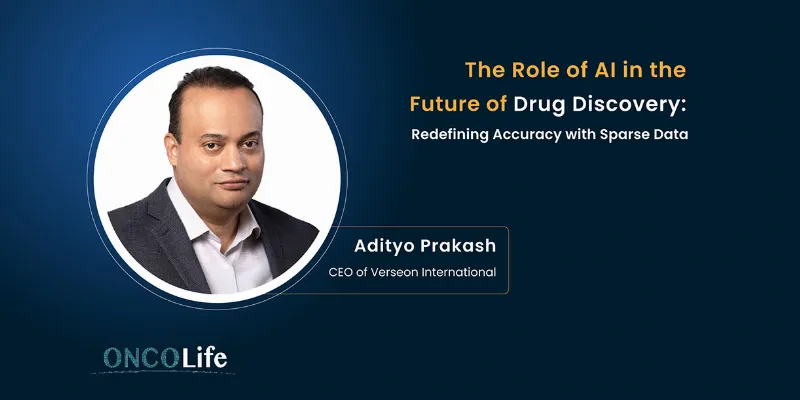AI Against Superbugs: MIT's Discovery of a Revolutionary New Class of Antibiotics


Digital Health |
20 December 2023
MIT researchers used AI to identify new antibiotics against MRSA, marking a major advance in tackling antibiotic resistance. Their approach reveals the AI's decision-making, offering hope in developing treatments for drug-resistant pathogens.
In a groundbreaking study, MIT researchers used artificial intelligence (AI) to accelerate the discovery of new antibiotics. Employing deep learning, they identified compounds effective against MRSA, a deadly bacterium. This pioneering research, published in Nature, unveils a novel class of compounds capable of defeating this drug-resistant bacterium, responsible for over ten thousand deaths annually in the US. This breakthrough approach could revolutionize the treatment of drug-resistant infections.
A New Hope Against Antibiotic Resistance
The discovery of this new class of antibiotics is particularly crucial in the context of the growing crisis of antibiotic resistance. With MRSA being resistant to many first-line antibiotics, the identification of these new compounds provides a much-needed beacon of hope.
AI: The Game Changer
Historically, the journey to discover new antibiotic classes has been a slow and laborious one, spanning around half a century. However, the MIT team's utilization of AI has dramatically accelerated this process.
Their deep learning model, trained with a vast dataset of approximately 39,000 compounds, uniquely sifts through millions of chemical structures to identify those with antimicrobial activity. These models were trained on both the antibiotic activity and cytotoxicity of 12,076,365 compounds. The team tested around 280 compounds, ultimately identifying two promising candidates from the same class that significantly reduced MRSA populations in mouse models.

The Science Behind the Discovery
The deep learning models applied in this research are akin to neural networks, capable of making predictions based on chemical structures. What sets this study apart is its explainability - the ability to understand the model's reasoning by identifying chemical substructures responsible for a compound's antibiotic potency.
Leading the groundbreaking study as part of MIT's Antibiotics-AI Project are Felix Wong, a postdoctoral researcher at IMES and the Broad Institute of MIT and Harvard, and Erica Zheng, an alumna of Harvard Medical School mentored by Collins. Under Collins' guidance, the project ambitiously aims to unveil new antibiotic classes to combat seven deadly bacterial strains.
From Data to Drug Development
This study not only marks a significant advancement in the discovery of new antibiotics but also opens doors to understanding the chemical basis of these compounds' effectiveness. The researchers have shared their findings with Phare Bio, a nonprofit formed to further explore these compounds' clinical potential.
The MIT study's success demonstrates the immense potential of AI in revolutionizing the field of drug discovery. This approach not only speeds up the process but also provides a more in-depth understanding of the chemical underpinnings of drug action. The AI-driven methodology could be the key to unlocking new, effective treatments against superbugs.










Comments
No Comments Yet!